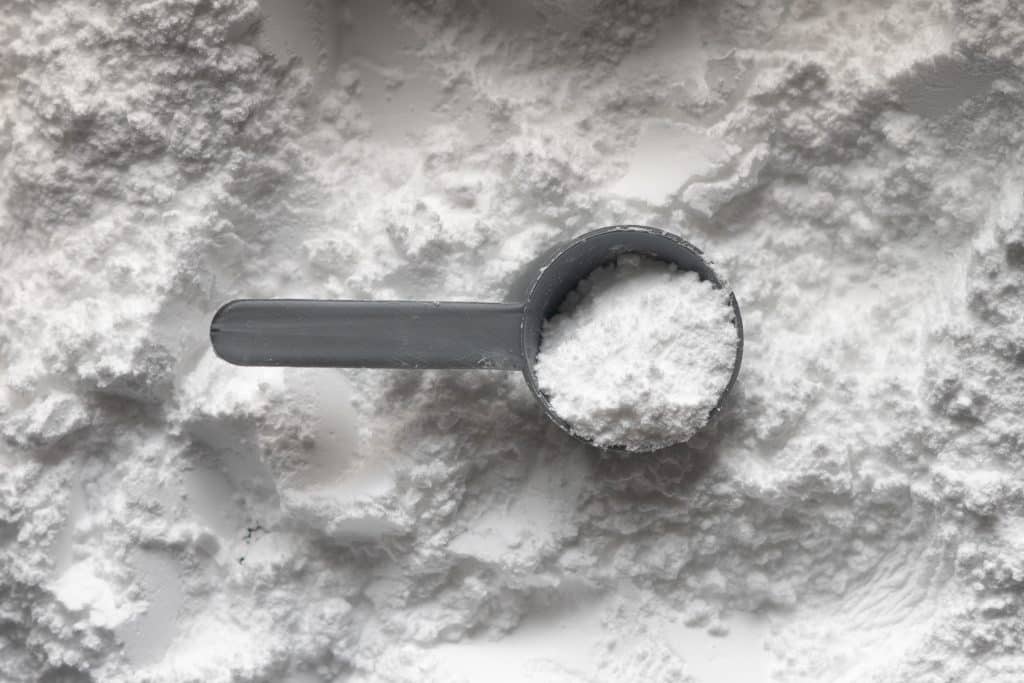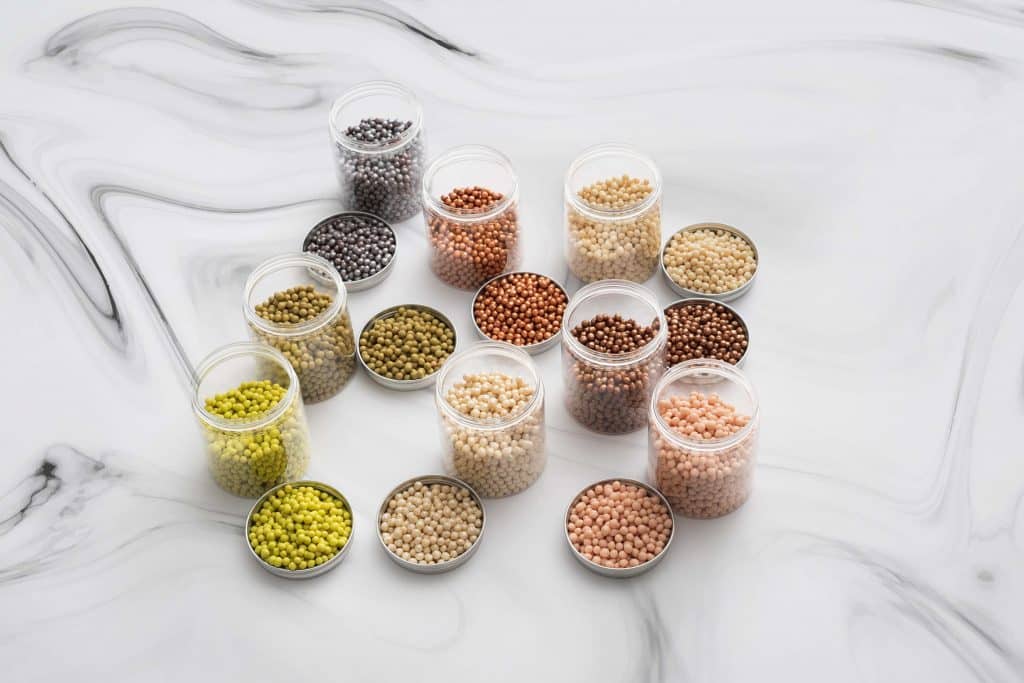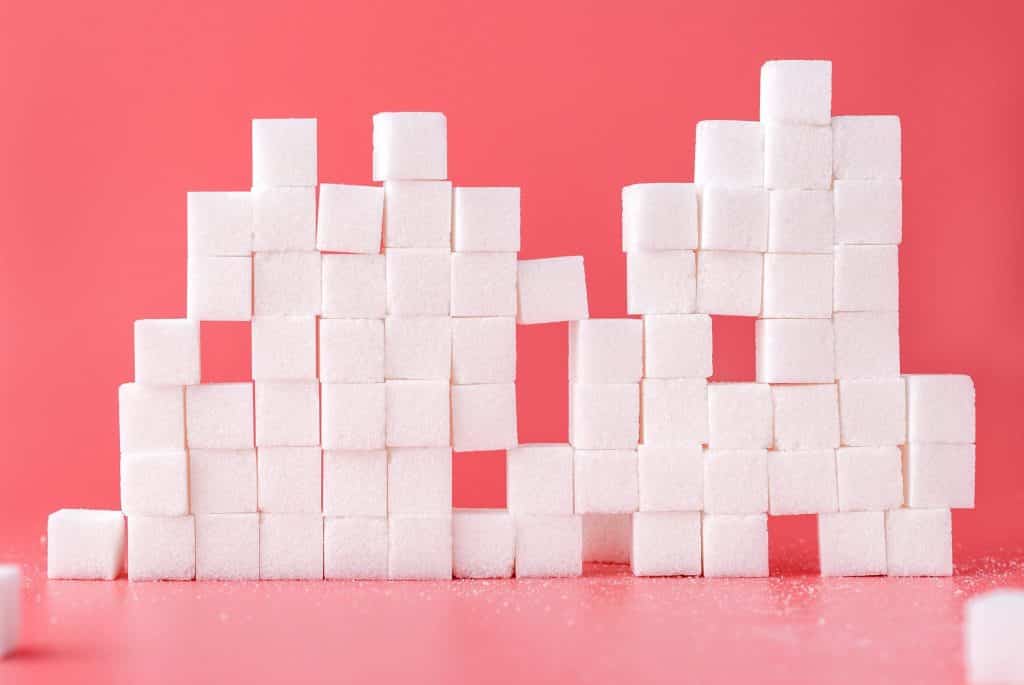
Why You Should Avoid Protein Supplements
The popularity of protein supplements have skyrocketed over the past few years. We’ve seen the industry shift from focusing on the fitness industry to penetrating the “ordinary people” market. Our generation places a heavy emphasis on health, and companies feed into this narrative by advertising their products as ” metabolism booster”, ” organic” and ” all natural” to cater to the larger market.
According to BBC News, Wing-Co, a chocolate-flavoured high-protein drink aimed as a snack alternative for men in their 30s and 40s who “aren’t sucked in by lots of marketing rubbish“, while Upbeat drinks were promoted as a snack replacement for “post-pregnancy mums and vegetarians”. Many companies and brands have since jumped on the bandwagon to make a quick buck.
Why you should be wary of protein supplements?

According to the National Center for Health Research, the FDA does not regulate dietary supplements under the Dietary Supplement Health and Education Act. Furthermore, there is no requirement that supplements should be tested to make sure they’re contents are the same as what is printed our on the ingredient label.

The Clean Label Project: Heavy metals and BPA in protein supplements
The Clean Label Project, a non profit organization, conducted an independent study on the contents of protein shakes in 53 leading brands. Their study revealed that top-selling nutritional protein powder supplement products contained heavy metals and BPA. Another shocking result from the study showed that plant-based protein powders contain higher levels of heavy metals compared to non-plant-based protein supplements.

Results from the independent study as published on their page:

- Approximately 75% protein powders contained lead. The laboratory discovered that the plant-based protein powders each contained on average twice the amount of lead per serving of other products.
- In addition to lead, the plant-based protein powders contained mercury, cadmium and arsenic, in several cases above health-based guidelines.
- 55% of protein powders tested had measurable levels of BPA, a known endocrine disruptor.
- Certified organic products averaged twice as much heavy metals.
- 10% of whey-based protein powders contained lead levels above health guidelines
- 28 out of 134 of the protein powders contained twice the regulatory limit (3 micrograms) of BPA
Plant based protein powders were theoreticized to contain twice as much heavy metals due to the possibility of plants ingredients being grown and sourced from contaminated soil with high levels of heavy metals.

Other risks:
- Milk based protein supplements may cause digestive stress to those with dairy allergies or who are lactose intolerant
- May be high in sugar and calories, (as much as 23g per scoop), causing weight gain and spike in blood sugar levels
- Our meals provide us with sufficient protein

The global protein supplement market size was USD 17.55 billion in 2019. With more health conscious people driving up dietary supplements sales, the market is project to expand even more. However, the lack of regulation by the FDA gives companies legal room to bypass health and safety regulations is concerning. It is imperative for us to advocate for ingredient transparency. 1Source aims to empower consumers with knowledge to make smarter purchasing decisions for the health and safety of the public.




